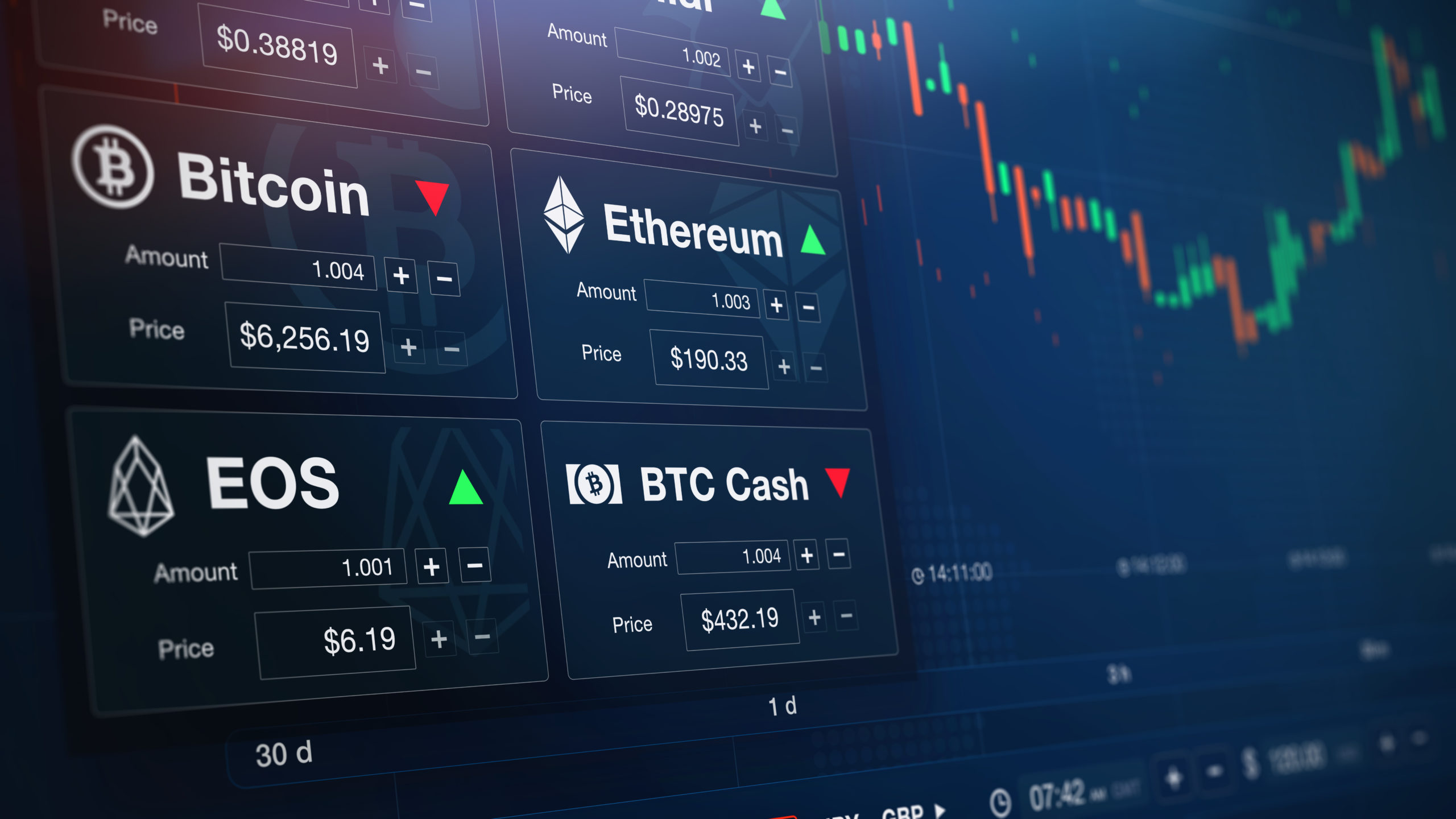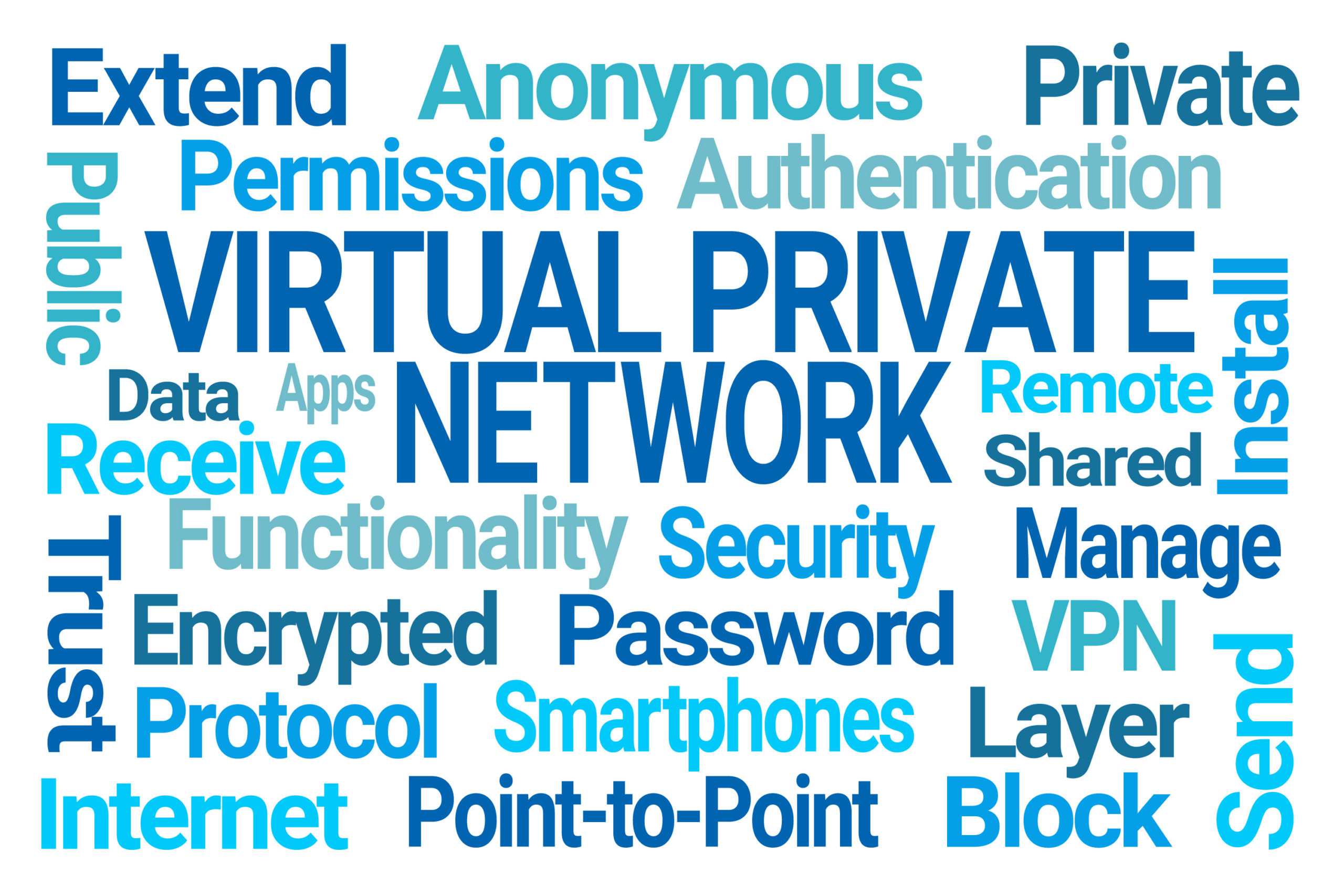VPN – The Ultimate Beginner’s Guide 2023
What is a VPN?
You might be wondering “Do I need a VPN?” What is VPN after all? If you are not tech savvy, this article will help you understand in simple terms, what a VPN is, how it works and by the end you will discover all the benefits of having a VPN installed on your computer and other devices.
Let’s start by explaining what VPN stands for.
VPN stands for “Virtual Private Network”. It is a service that protects your internet connection and privacy online. It masks your IP address, and therefore enables you to securely share data and surf the web, while your identity remains covered. Apart from that, many people use VPN to enter webpages and to use applications that are prohibited in certain countries.
What does a VPN do?
If it’s still unclear to you what a VPN is used for, keep reading!
An active VPN makes your internet connection more secure, helps you stay anonymous when surfing the web and helps you access censored sites. It lends you a temporary IP address and hides your real IP address from others. In simple words, it enables you to enter websites that you normally would not have access to. Governments and other authorities, such as schools, universities, libraries etc., often prevent users from entering specific websites. VPN acts as a website unblocker by routing your traffic through an encrypted tunnel, so that your browsing activity cannot be detected or controlled. How cool is that?
Why use a VPN?
VPN will encrypt your online activity and unblock the websites you want, even if they are censored in your area or blocked by your academic institution, workplace or by a public Wi-Fi. Do you want to be able to enjoy YouTube everywhere? Do you wish to stay connected with friends on Facebook and Instagram, from all parts of the world? VPN is your online master key. When you connect to one of the multiple global servers of your VPN provider, you will be able to browse the web with a new IP address and access sites that otherwise would be censored for you.
How does VPN work?
When online, you are constantly sending data out and receiving data back.
This information can be seen by your Internet Service Provider (ISP), or perhaps other parties. As you can understand, that means your data is not secure or private. VPN encrypts the data as it leaves your device, sending it to one of the VPN firm’s servers around the globe before it heads out onto the internet. As the data is now encoded, it is incomprehensible and cannot be used by ISPs or other spying parties. Your location appears to be where your chosen server is, instead of your actual one. Apart from the location-based perks, you also get security and anonymity when using a VPN.
How to get a VPN?
First of all, you have to choose a trusted VPN provider. After doing your online research and decide which is the best VPN product for you, all you have to do is signup. Once you sign up, you will receive an email with instructions. If the service you are using supports other devices, such as smartphones and tablets, you can download the VPN app from the Play Store (Android) or App Store (iPhone/iPad). The good news is that most paid VPN services, including VuzeVPN, often offer a free trial. This gives you the opportunity to try the service before you start paying. The best VPN providers in the market, also offer excellent customer support. In case you face any trouble during installation, the support team of your VPN provider should be able to help. You might be wondering, “Are free VPNs safe?” The short answer to this question is no. Free VPNs are usually bad for your data privacy, high-risk and often slow. Spending a few bucks on a good VPN it is totally worthy.
How to install a VPN on my PC?
To install VPN on your computer, double-click the file you download from the website (usually ends in .exe), and then follow the on-screen instructions to install the software. Alternatively, you can follow the instructions that were sent to you via email. Once you have installed your VPN, launch the application from your Start menu.
How to install a VPN on my Mac?
On a Mac, you will typically launch the .dmg file and be requested to drag the application into your Applications folder. Have in mind that you might be asked to input your password upon first launching, if your computer is password protected. Read about it more on: https://vpnpro.com/best-vpn-for-mac/.
How to install a VPN on my phone?
To set up a VPN on your iPhone or Android, launch the app from your home screen. You will be asked to log in with your account or register if you don’t have an account already.
How to use VPN?
“I have installed the VPN. Now what?”
Once you have the VPN installed on your device, you will have to sign in. If you don’t have a username and a password already, this is the time to signup. Some VPN providers (especially those who offer free VPN) restrict how much data you can use or they put a limit on how much time you can spend on their service. In this case, you better activate the VPN only when you need it. Once you are logged into the VPN, you get to choose the geographic location of the server you want.
Don’t forget to always read the terms of use, as many free VPN providers install third-party applications and display ads. Make sure you know exactly what your VPN is providing you, what it is asking from you, and what kind of information it collects.
Is a VPN worth it?
If you are still wondering if having a VPN is important, below are all the reasons you probably need it.
- It stop trackers
- It stops your ISP from selling your data
- Adds security to public Wi-Fi
- Gives extra security online

